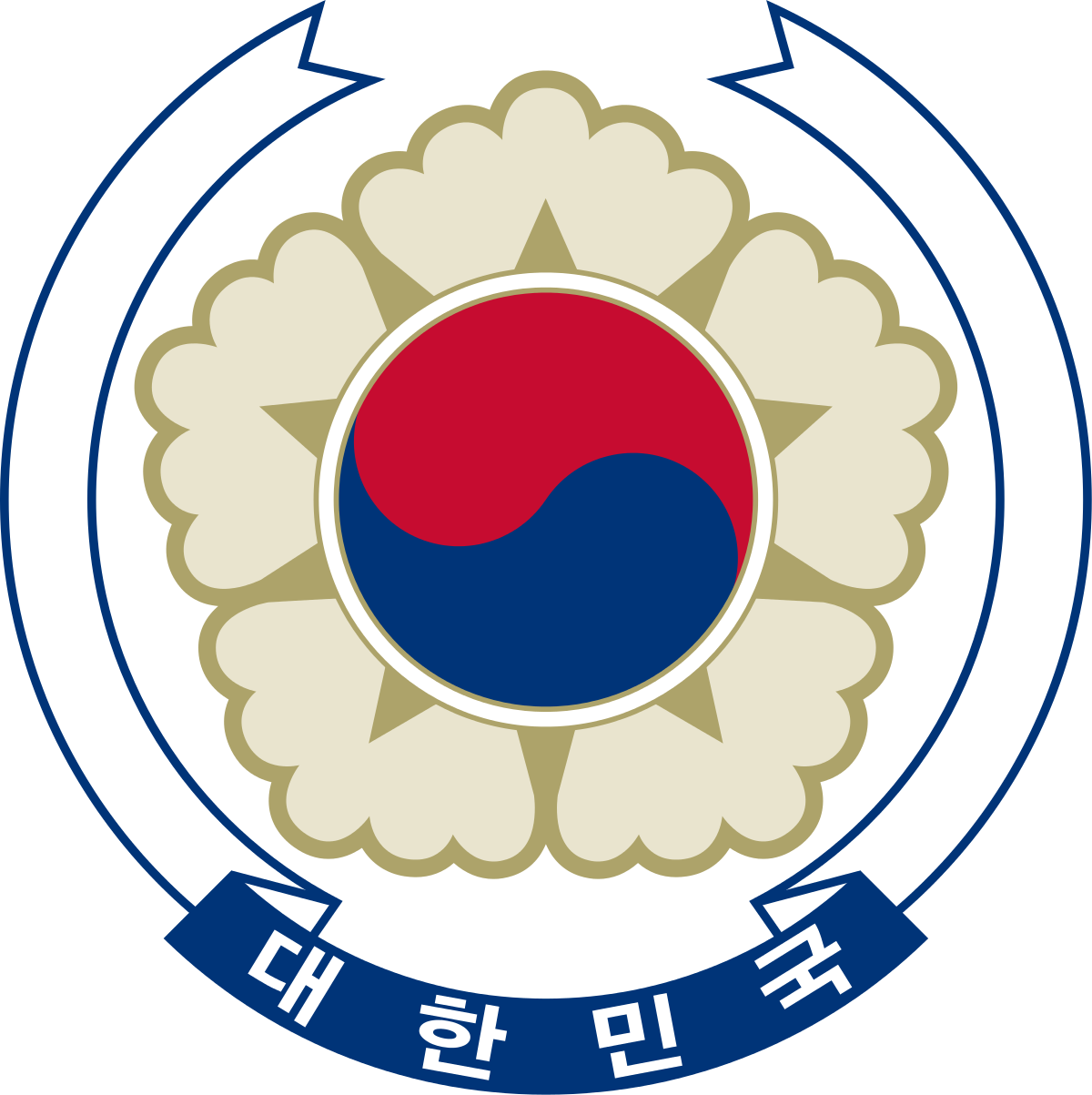An independent kingdom for much of its long history, Korea was occupied by Japan beginning in 1905 following the Russo-Japanese War. In 1910, Tokyo formally annexed the entire Peninsula. Korea regained its independence following Japan's surrender to the US in 1945. After World War II, a democratic-based government (Republic of Korea, ROK) was set up in the southern half of the Korean Peninsula while a communist-style government was installed in the north (Democratic People's Republic of Korea, DPRK). During the Korean War (1950-53), US troops and UN forces fought alongside ROK soldiers to defend South Korea from a DPRK invasion supported by China and the Soviet Union. A 1953 armistice split the Peninsula along a demilitarized zone at about the 38th parallel. PARK Chung-hee took over leadership of the country in a 1961 coup. During his regime, from 1961 to 1979, South Korea achieved rapid economic growth, with per capita income rising to roughly 17 times the level of North Korea.
South Korea held its first free presidential election under a revised democratic constitution in 1987, with former ROK Army general ROH Tae-woo winning a close race. In 1993, KIM Young-sam (1993-98) became the first civilian president of South Korea's new democratic era. President KIM Dae-jung (1998-2003) won the Nobel Peace Prize in 2000 for his contributions to South Korean democracy and his "Sunshine" policy of engagement with North Korea. President PARK Geun-hye, daughter of former ROK President PARK Chung-hee, took office in February 2013 as South Korea's first female leader. In December 2016, the National Assembly passed an impeachment motion against President PARK over her alleged involvement in a corruption and influence-peddling scandal, immediately suspending her presidential authorities and establishing Prime Minister HWANG Kyo-ahn as Acting President. The Constitutional Court is currently adjudicating the impeachment case. South Korea will host the 2018 Winter Olympic Games. Discord with North Korea has permeated inter-Korean relations for much of the past decade, highlighted by the North's attacks on a South Korean ship and island in 2010, the exchange of artillery fire across the DMZ, and multiple nuclear and missile tests in 2016.
Korea is a presidential republic.
Source: CIA World Factbook
Members:
Resources
Displaying 31 - 35 of 37Foreigner's Land Acquisition Act.
The purpose of this Act is to prescribe matters necessary for land acquisition, etc. of foreigners within the territory of the Republic of Korea. “Foreigner” is defined in article 2. As far as corporations are concerned, substantially at least of the corporation shall be foreign so as to qualify as foreigner. Article 3 outline the principle of reciprocity, i.e.
Enforcement Decree of the Mining Industry Act (Presidential Decree No. 20256 of 2007).
The purpose of this Presidential Decree is to prescribe matters necessary for the enforcement of the Mining Industry Act.The Decree prescribes measures for the terms and extension of terms of mining rights and mining concessions and sets out procedures and requirements for applying for the establishment of mining rights and mining concessions.The Decree further provides for the use and expropriation of land and defines the composition and internal organization of the Mining Coordination Committee.
Implements: Mining Industry Act. (2012-05-23)
Act on Special Cases Concerning the Partition of Co-owned Lands.
This Act sets out the conditions and procedures for the partition of land held by more than one tenant.The partition of the co-owned land shall be made on the basis of a current state of occupation by each co-owner. The Act provides for the establishment of the Co-owned Land Partition Committee and for its composition and functions. The Committee shall make a fair deliberation and resolution on the matters concerning partitions of co-owned land.
National Land Planning and Utilization Act.
This Act provides for the formulation and implementation of plans to utilize, develop and preserve the national land.The State or local government shall take measures to efficiently utilize and manage national land which shall be divided into urban areas, control areas, agricultural and forest areas, and natural environment conservation areas.
Act on Special Measures for Designation and Management of Areas of Restricted Development.
The purposes of this Act are to designate development-restricted areas, to limit acts performed in such areas, to purchase lands and to efficiently manage development-restricted areas in order to prevent the proliferation of cities, and to sustain the conservation of the natural environment surrounding cities.An urban management planning with respect to the designation of a development-restricted are shall be formulated by the heads of central administrative agencies and determined by the Minister of Construction and Transportation.


